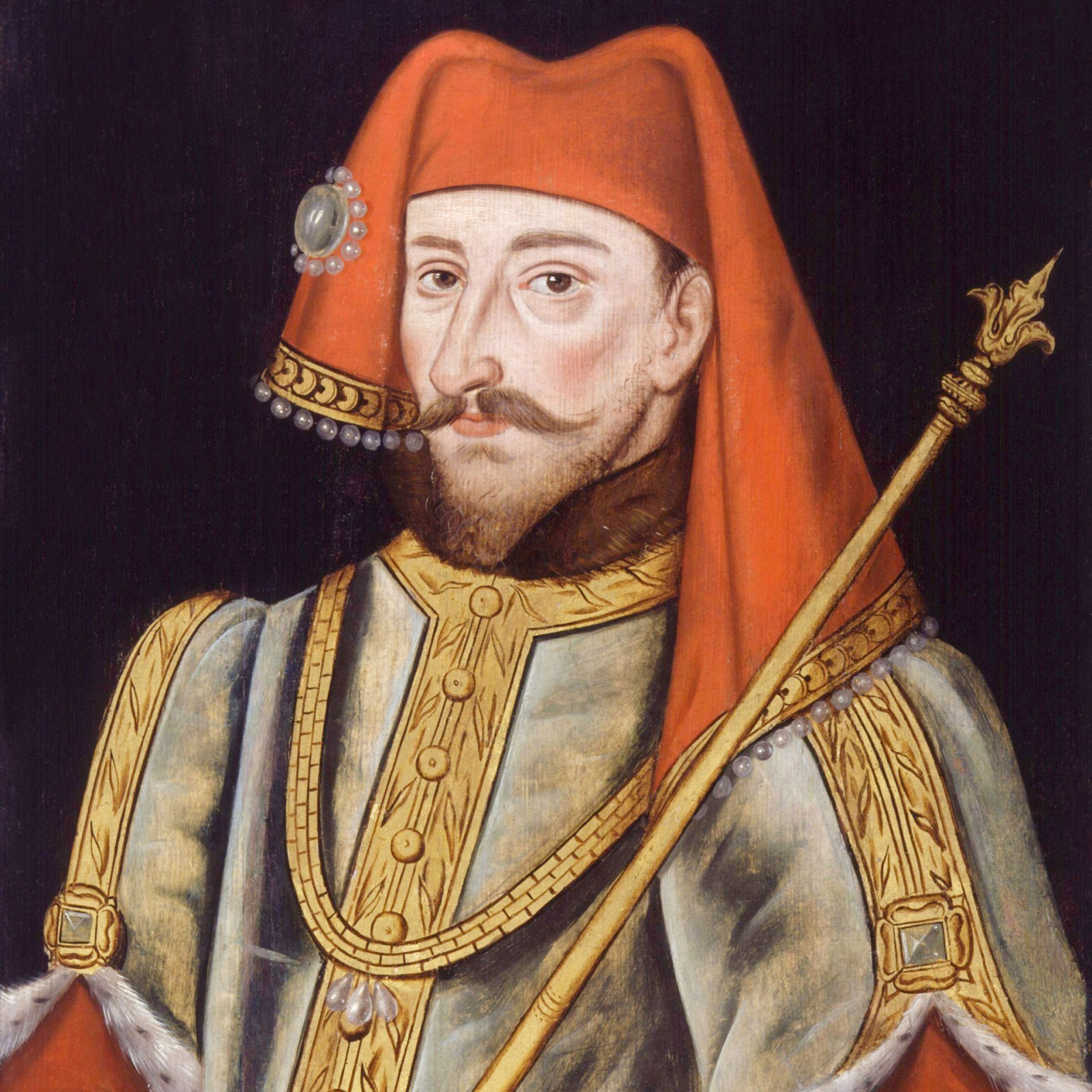The date when we see that the world is filled with various jokes every year, namely April 1, has arrived for 2023. But have you ever thought about the history of this special day and where it came from?
Actually, this question is quite old. In 1708, the British newspaper Apollo asked, “Where does the tradition of making jokes on April 1 come from?” ‘ he asked, unable to give a definite answer. Although the exact origin of this special day remains a mystery, we do know that the tradition has continued for centuries.
There are two different stories as the source of April Fools’ jokes.
General calendar change in France in 1582
The first of these was the general calendar change in France in 1582. According to this story, in 1563 the Council of Trent decided that Catholic nations should use the Gregorian calendar instead of the Julian calendar. King Charles VI of France ordered his country to implement this change until 1582, but when the day came, some citizens did not comply with the order. April 1 is the beginning of the new year according to the Julian calendar. But some people continued to celebrate the new year on April 1, either because they were not aware of the change or did not embrace it. In order to ensure that everyone followed the same calendar, some began to prank those who followed the old calendar. April 1 marked the end of the Easter fast, and fish was one of the popular gifts for this day. Therefore, giving a fake fish to those who followed the old calendar was seen as a funny joke. Later this evolved into the French April Fools’ joke of sticking a paper fish on someone’s back (especially among younger students) today.
 King Charles VI of France
King Charles VI of FranceWhile this story seems like a possible explanation, it’s probably not true. Because the first reference to this day is in 1561, that is, more than twenty years ago. In Flemish writer Eduard De Dene’s poem Refereyn vp verzendekens dach / Twelck den eersten April te zyne plach, there is a mention of a nobleman who on April 1st sent his pure servant on various false missions. The existence of this poem and the accompanying message that you should not believe anyone on April 1 shows that jokes were already common and well-known at that time.
Ancient Rome and the days of “hilaria”
A second view dates back to Ancient Rome. At that time there were days dedicated to entertainment, which they called “hilaria”. There were special hilarias, such as people’s wedding days, or public hilarias, such as the Hilaria Matrix Deûm, celebrated on March 25 as part of a 10-day festival to honor Cybele, the mother of the gods. After several festive days of fasting, castration, mourning, and whipping, hilaria would give everyone the chance to have the fun they needed.
The biggest feature of Hilaria Matrix Deûm was the masquerade ball. Today, you could impersonate anyone you wanted, including government officials, with impunity. Some historians suggest that this day may have been the original April Fools’ Day. It is not possible to say that this is true as there is no clear evidence. While the time of year is about right, there’s sure to be a big difference between dressing like one and making fun of them and pranking someone.
The understanding of April 1, which started to change in the early 1900s
But April 1st and the jokes had a big change in the 1900s. While in earlier centuries jokes were made on a more personal scale, between friends or strangers on the street, in the early 1900s newspapers began publishing fake news on April 1. Later, radio joined this trend, and in the 1950s, television programs were also included in this entertainment. Today, many entities and individuals, from large companies to individual individuals, “celebrate” the day, often with fake announcements on the internet.